 |
|

BwCBuild with CaRe - Mainstreaming Energy efficiency in the built environmentBackground and AimAim BwC aimed to pave the way for a sustainable integrated international market for energy efficient building. Therefore, the project improved the competitiveness of the North Sea Region and stimulated different clusters to keep in a leading position on sustainable building techniques and technologies. BwC engaged national and regional policy makers, influencing EU, national, regional and local policy developments and helped deliver regional energy-efficiency strategies. BwC focused on the marketing of energy efficient buildings to meet carbon reduction commitments. It provided the partners the place and tools for importing and exchanging knowledge and experiences, including networks of professionals, new ideas, latest insights, best practices and critical reviews of local actions. BwC aimed at a better horizontal and vertical integration and further coherence in policy and planning activities. Background Buildings account for 40% of EU's energy consumption. Success in energy efficiency in this sector is key to achieving the EU's goals. The North Sea Region is in the technological vanguard and there are many activities which specifically aim to increase energy efficiency in the built environment that have been tried, tested and proven over more than 15 years. Proven techniques have resulted in both lower energy consumption and higher comfort of living. The task of energy reduction in building is not new in the North Sea Region, but our challenge is large scale implementation. Information HubNewsletter No 1
Newsletter No 2 Newsletter No 3 Newsletter No 4 Newsletter No 5 Newsletter No 6 Build with CaRe Policy and Planning - Baseline Study Jan 2010 Build with CaRe Policy Statement on EPBD Directive Build with CaRe Policy and Planning - Evaluation Build with CaRe Education Materials - Results Overview and Education Packages Build with CaRe Research Evidence Base Final Report Build with CaRe Research Report - Delivering a Low-Energy Building Oct 2012 Build with CaRe Research Report - Refurbishing Europe Feb 2012 Build with CaRe Research Report - Refurbishing Europe Feb 2012 - Summary Build with CaRe Demo Object Marischal College Info Build with CaRe Demo Object Puyenbroeck Visitors Centre Info Build with CaRe Project Results Presentation Hanna Katarina Nyroos and Hanna Blomdahl Build with CaRe Folder We Spare No Energy Ensuring Your Buildings Save It Build with CaRe Folder Wir Sparen Nicht Mit Energie Wenn Wir Dafür Sorgen Dass Ihre Gebäude Sie Sparen Build with CaRe CARE_Magazine_SWEDISH - 16 Energy Efficient Building Projects Build with CaRe CARE_Magazine_GERMAN - 16 Energy Efficient Building Projects Build with CaRe CARE_Magazine_ENGLISH - 16 Energy Efficient Building Projects There are no related videos
|
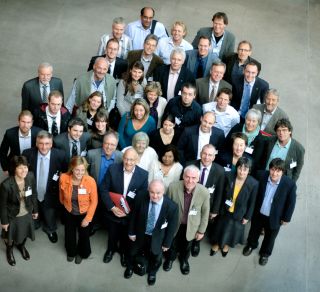
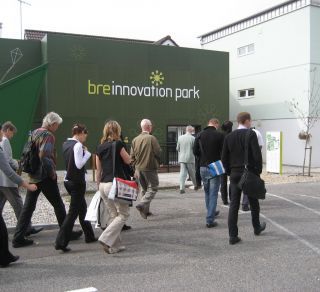
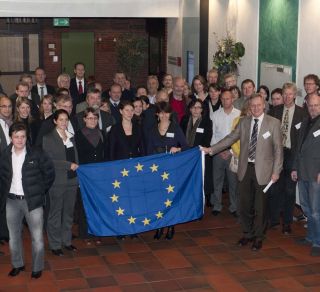
.jpg)
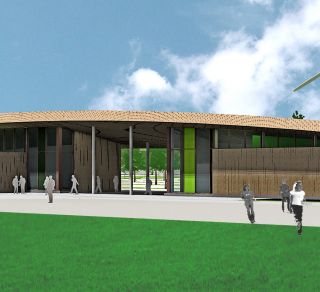
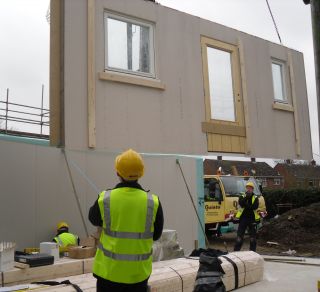
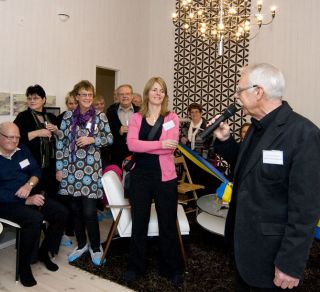
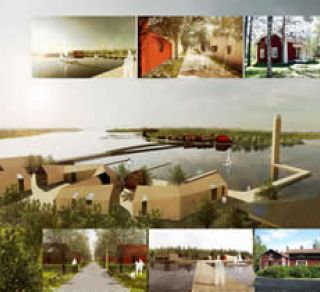






.jpg)



